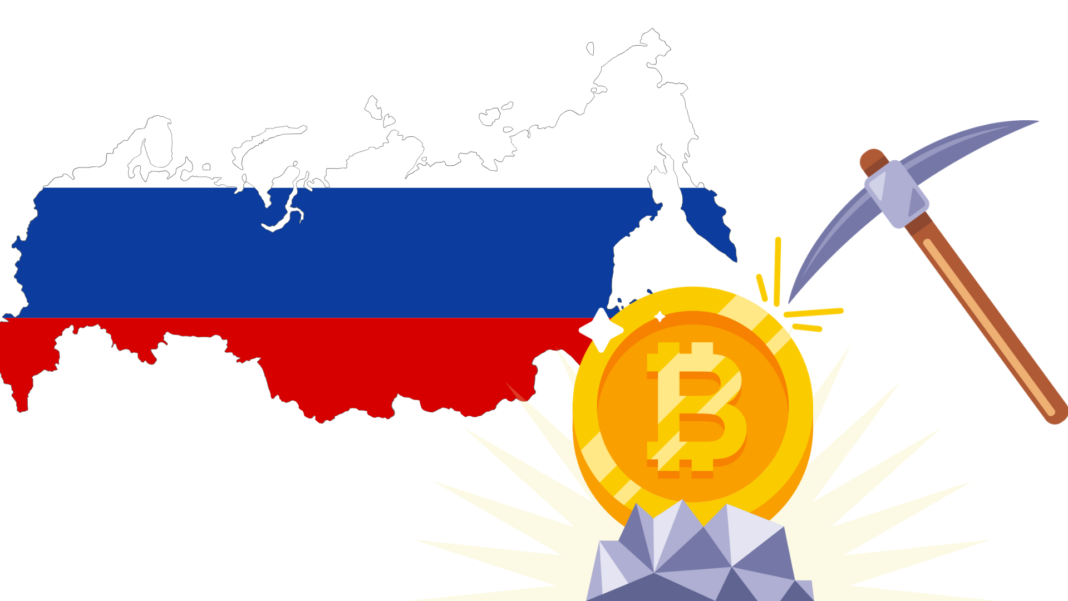After the introduction of the new mining law on November 1, the Federal Tax Service (FTS) has received approximately 150 applications for registration in the national registry of cryptocurrency miners, according to FTS head Daniil Egorov.
Russia has officially embraced cryptocurrency mining under its legal framework, marking a significant shift in the industry.
Russia’s Legal Framework for Crypto Mining
The new law allows companies, individual entrepreneurs, and private individuals to legally mine cryptocurrencies. The FTS has been tasked with overseeing the industry, requiring miners to submit data on mined assets, crypto wallet addresses, and other identifiers.
While legal entities and individual entrepreneurs must register in a specialized registry, private individuals are subject to a more relaxed framework. They can mine cryptocurrencies within a government-mandated electricity limit of 6,000 kWh per month, avoiding the need for registration.
Daniil Egorov noted that the rollout has been smooth but measured. “Everything is going quite quietly, calmly. For me, this is even good. This is a complex story,” Egorov explained.
Energy Management Challenges
The legalization of mining brings with it significant energy challenges. The FTS is collaborating with the Ministry of Energy to manage energy distribution, determine permissible mining zones, and address potential overloads on the power grid.
“In some places, miners generally work on gas, they connect and generate electricity through gas,” Egorov said, highlighting the diverse energy solutions miners are adopting to sustain operations.
However, some regions are struggling to accommodate the energy demands of large-scale mining. Due to electricity shortages, Russian authorities are considering partial bans or restrictions on mining in certain areas.
Winter Bans and Regional Issues
The onset of winter has introduced additional complications. Mining bans have been imposed in regions with energy constraints and in occupied Ukrainian territories. These measures aim to ensure that essential power needs are met during the cold months, prioritizing residential and critical infrastructure over energy-intensive mining operations.
Russia’s legal recognition of cryptocurrency mining comes at a time when global interest in digital assets is surging. The ability to mine legally provides businesses and individuals with a clear framework, potentially attracting investment and technological innovation.
The law also aligns with Russia’s broader economic goals. By facilitating crypto mining and experimental settlements in foreign trade, the nation aims to reduce reliance on traditional financial systems and explore alternative economic avenues amid ongoing international sanctions.
While the initial response to the mining registry has been modest, Egorov emphasized that the system is still in its early stages. The interplay between mining operations, energy management, and regulatory enforcement will play a critical role in shaping the future of crypto in the country.


